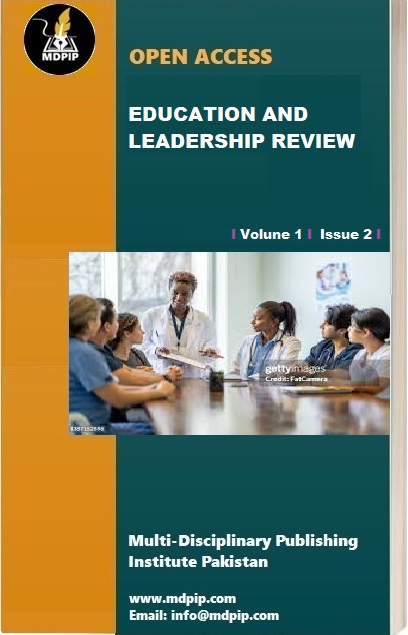Effect of Security Measures on Self Confidence of Teachers and Students at University Level
DOI:
https://doi.org/10.59644/oaelr.1(2).2024.81Keywords:
Security Measures, Motivation, Confidence, Safety, Performance Satisfaction, Housekeeping, SOP’sAbstract
In the current context where security threats have increased, there is a growing need for proactive approaches to ensure safety and cultivate a confidence-inspiring, threat-free learning environment. Educational institutions, in particular, are required to improve and equip themselves to effectively monitor security threats. The objective of this study was to investigate the impact of security measures on the self-confidence of teachers and students at the university level. The implementation of security measures has profound effects on self-confidence and learning outcomes within a safe and secure atmosphere. The independent variable in this study was the security measures, while the dependent variable was the self-confidence of teachers and students. The sample consisted of 48 teachers and 192 students, selected equally from three districts. The reliability coefficient for the teachers' questionnaire was 0.953, and for the students' questionnaire, it was 0.949. The study employed a simple random sampling procedure. The effect of security measures was measured using ten factors, including security standard operating procedures (SOPs), security accessories, skills, management, training, responses, evaluation, motivation, outcomes, and implementation. Comparative analysis revealed that security measures had an equal impact on the confidence of respondents, regardless of their geographical areas. This research also found a positive effect of security measures on teachers' motivation and performance, which in turn had a direct impact on student learning. As a recommendation, universities should make efforts to implement security measures to enhance the motivation, performance, and confidence of both teachers and students.






